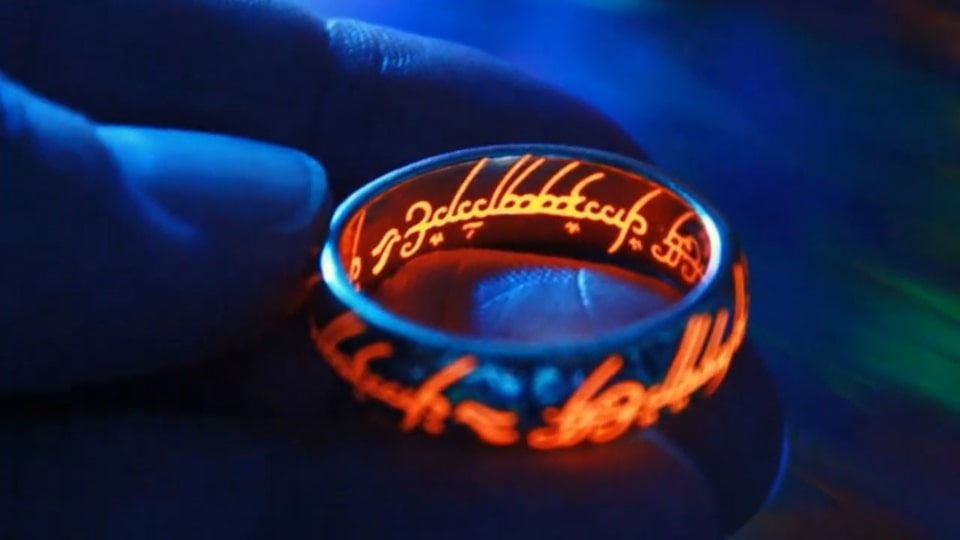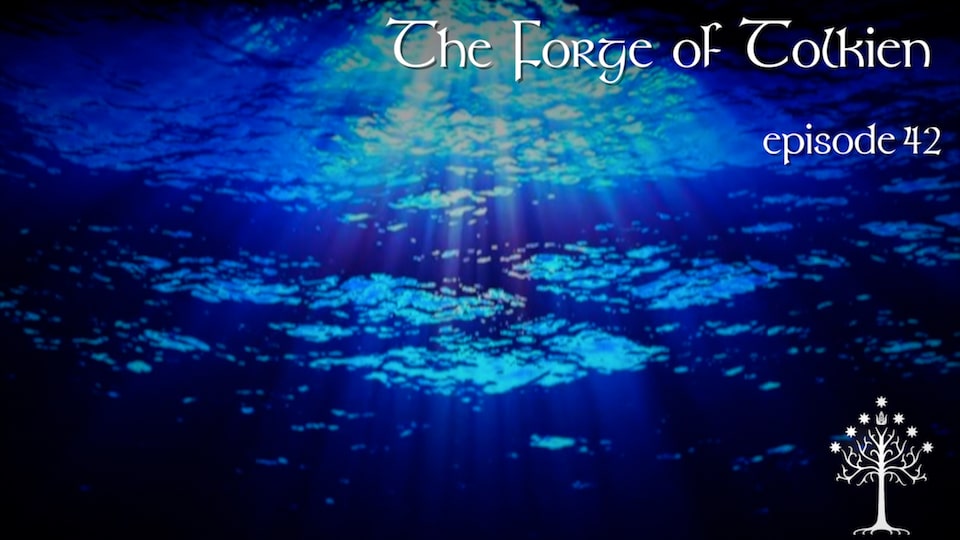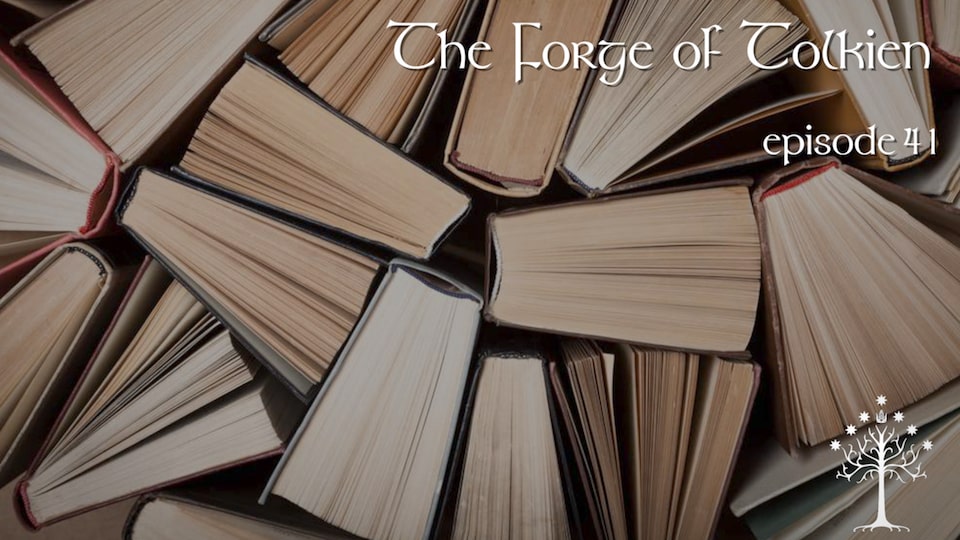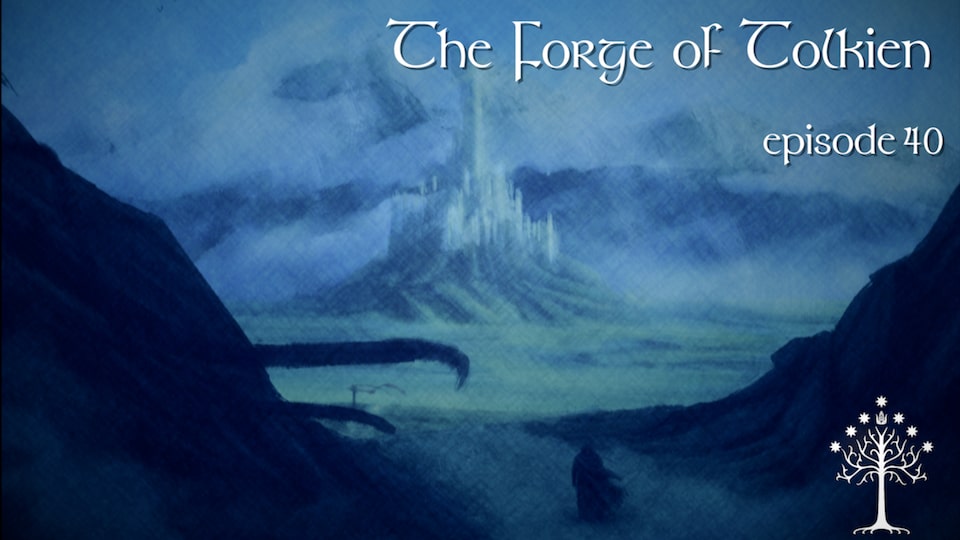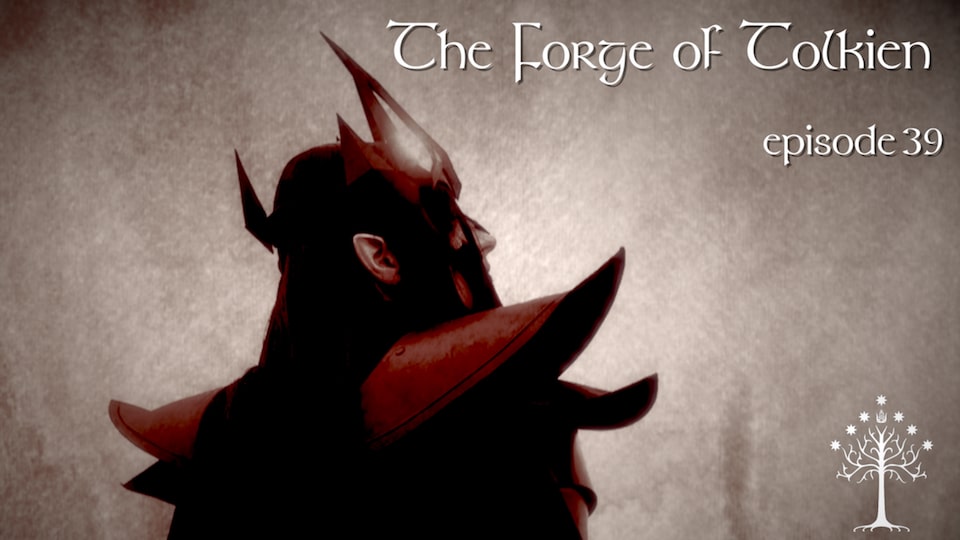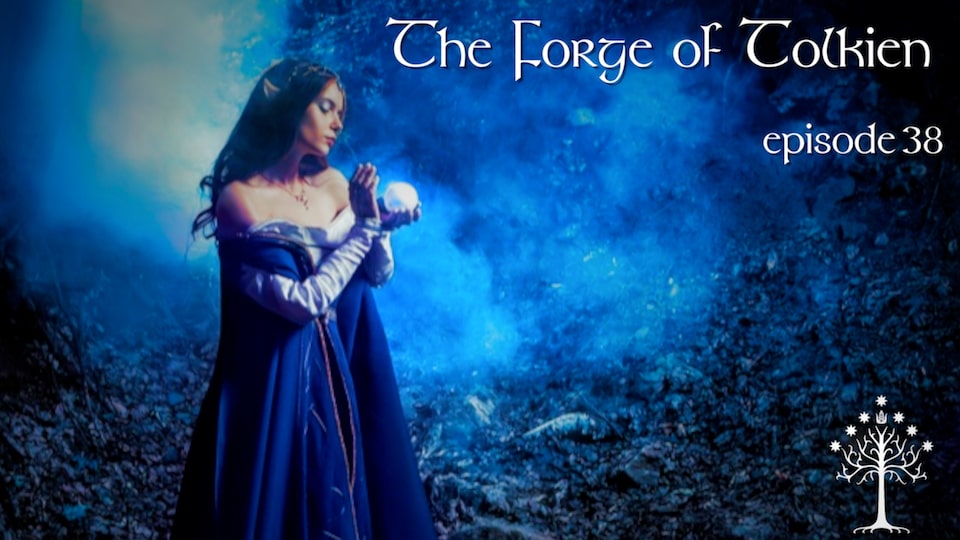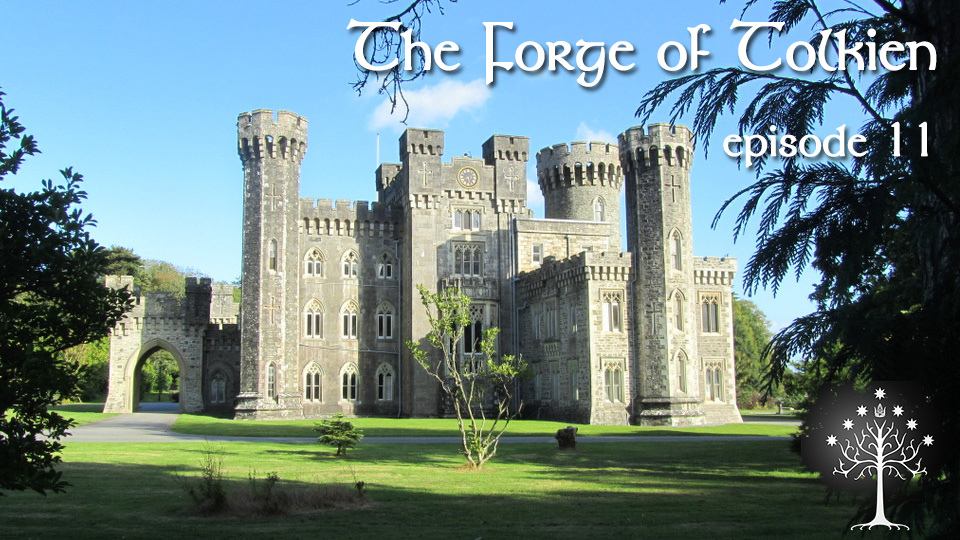
dac85f
0

Norman Castles
Oct. 6, 2020
Tolkien famously insisted in the Foreword to the Second Edition of The Lord of the Rings that, “in the intention of the author,” the story had no “inner meaning or ‘message’... It is neither allegorical nor topical.” Rather, Tolkien said, he had always preferred “history, real or feigned”—without explaining which he thought he was writing in the story of the Ring. In this episode, Professor Rachel Fulton Brown tackles the puzzle of what Tolkien meant by history and its relationship to myth through a close reading of Night 64 of The Notion Club Papers. We meet the barber Norman Keeps and his stories about the Dark Ages, compare the barber’s version of English history to the history everyone remembers in W. C. Sellar and R. J. Yeatman’s 1066 and All That (1930), and look out with Lancelot and Guenever on Arthur’s Merry England in T.H. White’s The Once and Future King (1939-1958). Was Tolkien simply crafting an elaborate joke claiming that he was writing history—or did he have a more serious purpose in interweaving the mythical with the historical? Pro tip: It will help to have watched Professor Fulton Brown’s second interview with Dr. E. Michael Jones on “Logos vs. Usury” (video on the History and Logos channel on Unauthorized.tv) before watching this episode.


